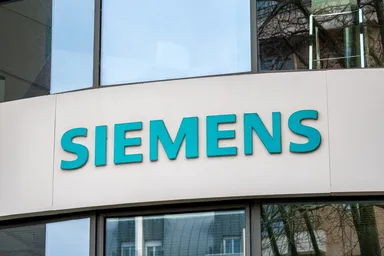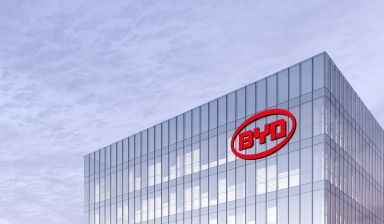Deutsche Bank Company profile
What is Deutsche Bank?
Deutsche Bank AG is a German global financial services company specialising in commercial, investment, private and retail banking. Founded in 1870 in Frankfurt, it has become Germany’s leading bank, solidifying its position in Europe and gaining a significant presence in the Americas and Asia-Pacific.
Deutsche Bank operates through the following divisions: Corporate & Investment Bank (CIB), Private & Commercial Bank (PCB), and Deutsche Asset Management (recently rebranded as DWS). The bank caters to the corporate, governmental and institutional investor markets, as well as to small and medium-sized businesses and private individuals.
As of mid-2017 Deutsche Bank was the 16thlargest bank in the world by total assets. Deutsche Bank declares on its website: “We aspire to be the leading client-centric global universal bank.”
Who are the key people at Deutsche Bank?
John Cryan has been Chief Executive Officer since July 2015. He started his career as a trainee chartered accountant at Arthur Andersen in London. Among other key figures at Deutsche Bank are Dr Marcus Schenck (President – Co-Head of Corporate & Investment Bank); Christian Sewing (President – Co-Head of Private & Commercial Bank); and Nicolas Moreau (CEO of DWS).
What is the modern history of Deutsche Bank?
Founded in 1870 as a specialist bank for foreign trade, Deutsche Bank expanded rapidly at the end of the 19thcentury. After World War Two, the Allied authorities ordered Deutsche Bank’s break-up into 10 regional banks. However, by 1957 they had merged again to form Deutsche Bank AG. The 1970s saw a period of global expansion, and in 1986 the bank acquired Banca d'America e d'Italia. The 1989 acquisition of Morgan, Grenfell & Co. was Deutsche’s first big move into investment banking. In the 2000s, the acquisitions of Norisbank, Berliner Bank and Deutsche Postbank bolstered Deutsche's retail offering in its domestic market. But the onset of the global financial crisis in 2008 saw Deutsche Bank posting its first annual loss in half a century.
What are the latest developments at Deutsche Bank?
Deutsche Bank’s difficulties are not yet over. The bank reported a net loss for 2017 of €735 million, following losses of €6.77 billion in 2015 and €1.36 billion in 2016. In response, the Management Board decided to waive its variable compensation for the 2017 financial year. CEO John Cryan said: “We remain committed to our objective of delivering a net profit and a competitive dividend payout for 2018. In the meantime we have established the basis for realising Deutsche Bank’s full potential.”
A key pillar of Deutsche Bank’s turnaround strategy was the initial public offering of its asset management division in March 2018. Deutsche Bank sold 22.5% of DWS, which has assets worth over €700 billion under management.
The Deutsche Bank share price, which peaked at €88 just before the financial crisis in May 2007, crashed to just €13 in early 2009 and has been depressed ever since. On 6 April 2018 the share price stood at €11.43. To find out how the shares are doing right now, follow Capital.com. Our DBK chart puts all the information at your fingertips.
Where does Deutsche Bank operate?
Deutsche Bank’s headquarters are in the famous Deutsche Bank Twin Towers in the German financial centre of Frankfurt. Over 100,000 employees serve customers in more than 70 countries around the world. The bank has established strong bases in all major emerging markets, including the Asia Pacific region, Central and Eastern Europe, and Latin America.
Where is Deutsche Bank traded?
Deutsche Bank stock is listed on the Deutsche Börse and on the New York Stock Exchange (NYSE). Check out Capital.com for the latest DBK chart. We’ll keep you up to date and in the picture.
Latest shares articles



